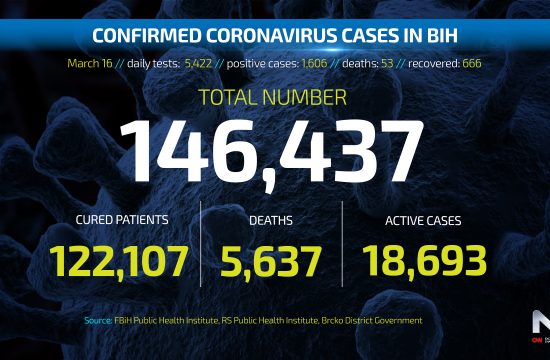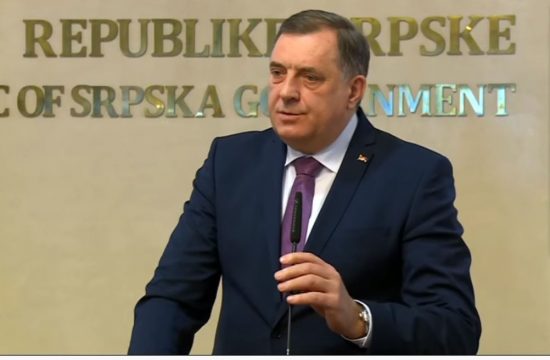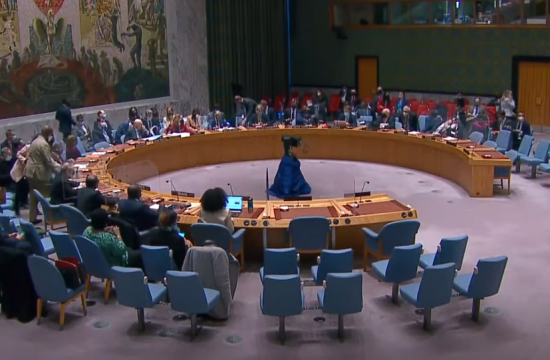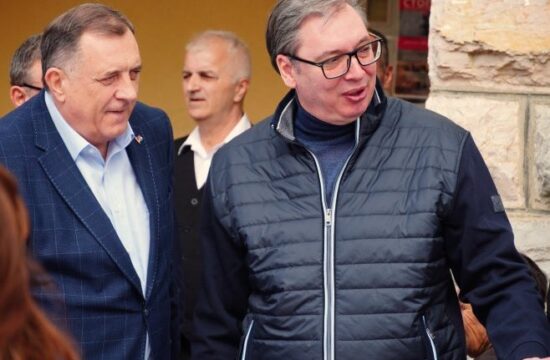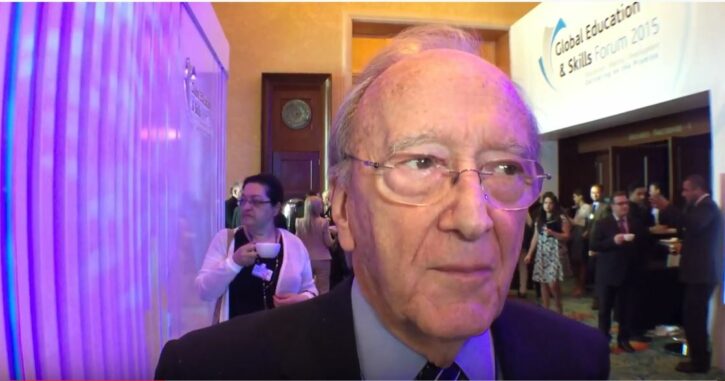
The international community should get involved in the dialogue in Bosnia and help find a way out of the current political crisis, Bosnia’s former international administrator Carlos Westendorp told N1 on Monday.
Westendorp argued that the rhetoric of secession of Republika Srpska (RS), the country’s Serb-majority region, does not contribute to stability and peace.
N1 asked Westendorp about recent statements made by Bosnian Serb leader Milorad Dodik regarding the latest political crisis in the country. Dodik said a solution could be for Republika Srpska to form its own state institutions and secede.
The crisis emerged after the Constitutional Court ruled that public agricultural land in Republika Srpska should belong to the state and not to the entity. On Dodik's initiative, the RS National Assembly last Monday adopted a set of conclusions including an instruction to RS representatives in state institutions to stop participating in any decision-making processes. This means state institutions are effectively blocked.
Westendorp, who served as High Representative in Bosnia between 1997 and 1999 overseeing the implementation of the Dayton Peace Agreement, said it was “very discouraging” to see that still, 21 years since his mandate ended, “political divide and institutional blockade are still the rules, not the exception” in Bosnia.
But he argued that it is even worse now than back then because “Milorad Dodik, who then was a pragmatist politician” and supported the efforts by the international community to build up a pluralistic democratic country “has become an ultra-nationalistic leader, going as far as to plea in favour of RS secession” and the entity joining neighbouring Serbia.
“I do not think this attitude benefits a peaceful, stable and performing country, on the contrary, it prevents it from joining the EU, which is the only solution to the problems of the region and those of the Bosnian people, who have the right to a better future,” he said.
Westendorp explained that this is why the EU and the US support respecting Bosnia’s Constitution and institutions but that this does not mean that they “are not open to adaptations to the evolving situation.”
“But it has to be done democratically and approved by a reinforced majority, not in a unilateral way. Unilateral decisions are illegitimate and should be legally contested,” he said, arguing that, before any laws are imposed, “it is essential that the different stakeholders do their best to solve differences politically, through a frank and open dialogue.”
“What the international community should do about Milorad Dodik’s rhetoric and actions is to actively engage in such a dialogue. I appeal to my old friend´s pragmatism to do likewise,” he concluded.


